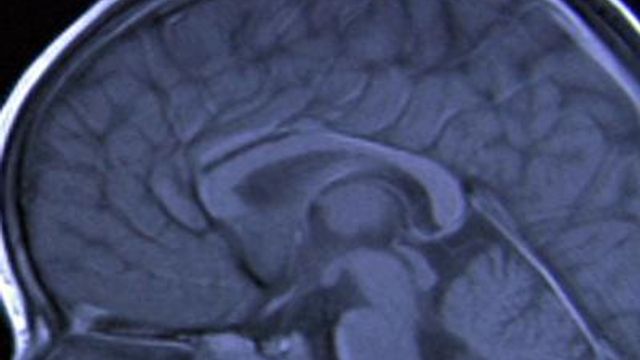Health Team
WakeMed center specializes in stroke prevention
WakeMed is among the first in the country to open a special transient ischemic attack or TIA center to quickly assess patients with early symptoms of a stroke.
Posted — UpdatedRALEIGH, N.C. — WakeMed is among the first hospitals in the country to open a special TIA center, or transient ischemic attack center, to quickly assess patients with early symptoms of a stroke.
Ron Faircloth, 52, of Rolesville, suffers from heart disease and high cholesterol and is trying to quit smoking and stays active working in his yard. A recent severe pain in his left calf caused him concern.
“It wasn't long after that that I started getting some tingling in my fingers on the left side and my toes on the left side,” Faircloth said.
Faircloth went to WakeMed and was sent to the new TIA center to be evaluated for a transient ischemic attack – the early warning sign of a stroke.
“That's been the goal of a TIA center…to have a place where the patient can go immediately and have the most prompt workup,” WakeMed neurologist Dr. Keith Hull said.
Symptoms of a transient ischemic attack include sudden weakness on one side of the body or face, sudden speech difficulties, confusion, vision problems, dizziness or a sudden headache.
People experiencing these symptoms should call 911 and go to a primary stroke center. At a dedicated TIA center like the one at WakeMed, doctors can speed up treatment and, if necessary, do an MRI scan of the brain.
Tests showed no blood clot or other problems for Faircloth, but he stayed under observation overnight to be sure and then went home.
Simply because a patient goes home, doesn’t mean care ends, Stroke Program Coordinator and registered nurse Kimberly Elks said.
“We will be doing follow up phone calls at 24 hours, one week and one month,” Elks said.
“It was nice to know that they had this area where they could take you really quickly and get you a quick test to find out,” Faircloth said.
The biggest problems that can lead to stroke are high blood pressure, heart disease, high cholesterol, diabetes and smoking. Anyone in that group who experiences the early warning signs of a stroke, should seek emergency medical care.
• Credits
Copyright 2024 by Capitol Broadcasting Company. All rights reserved. This material may not be published, broadcast, rewritten or redistributed.




